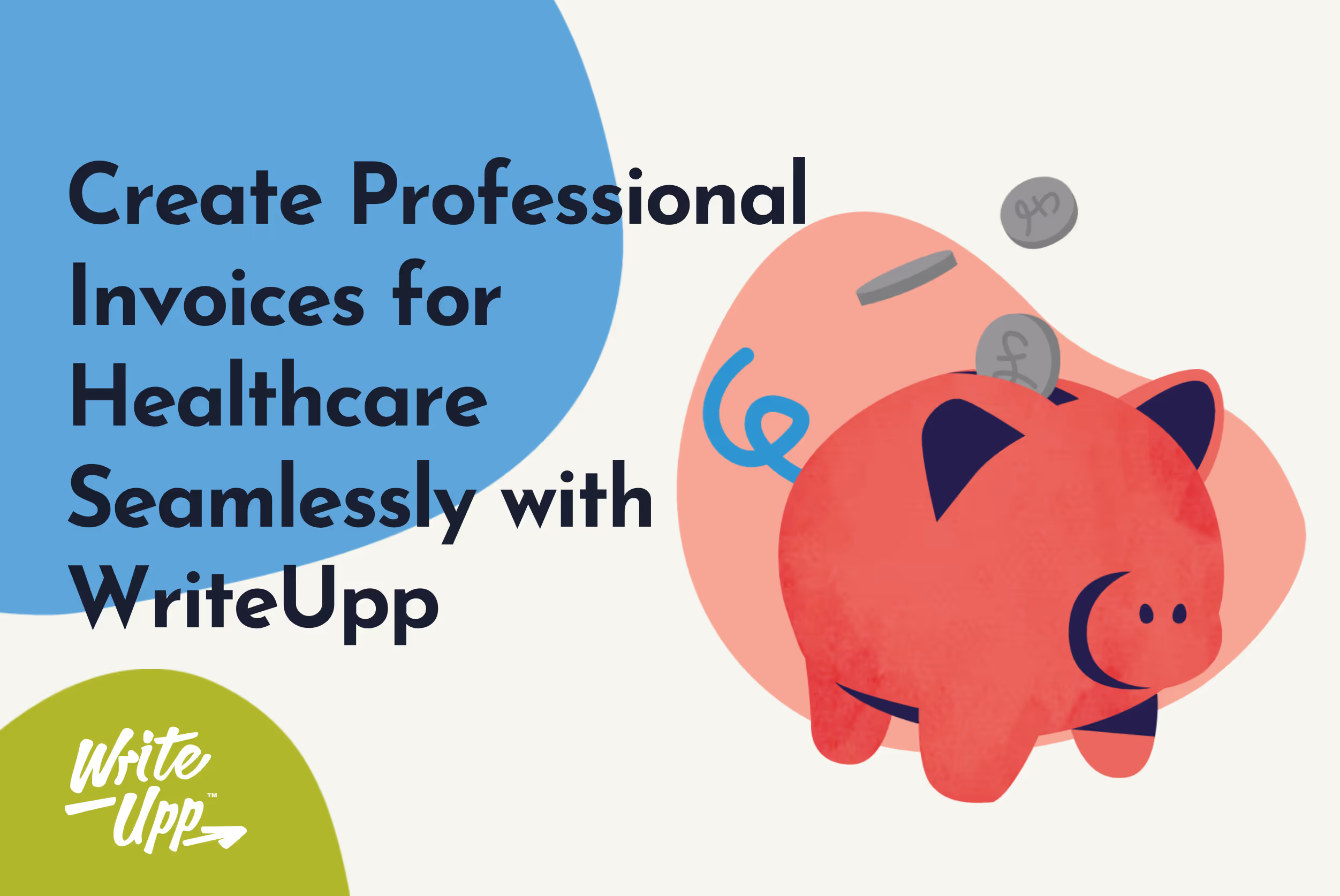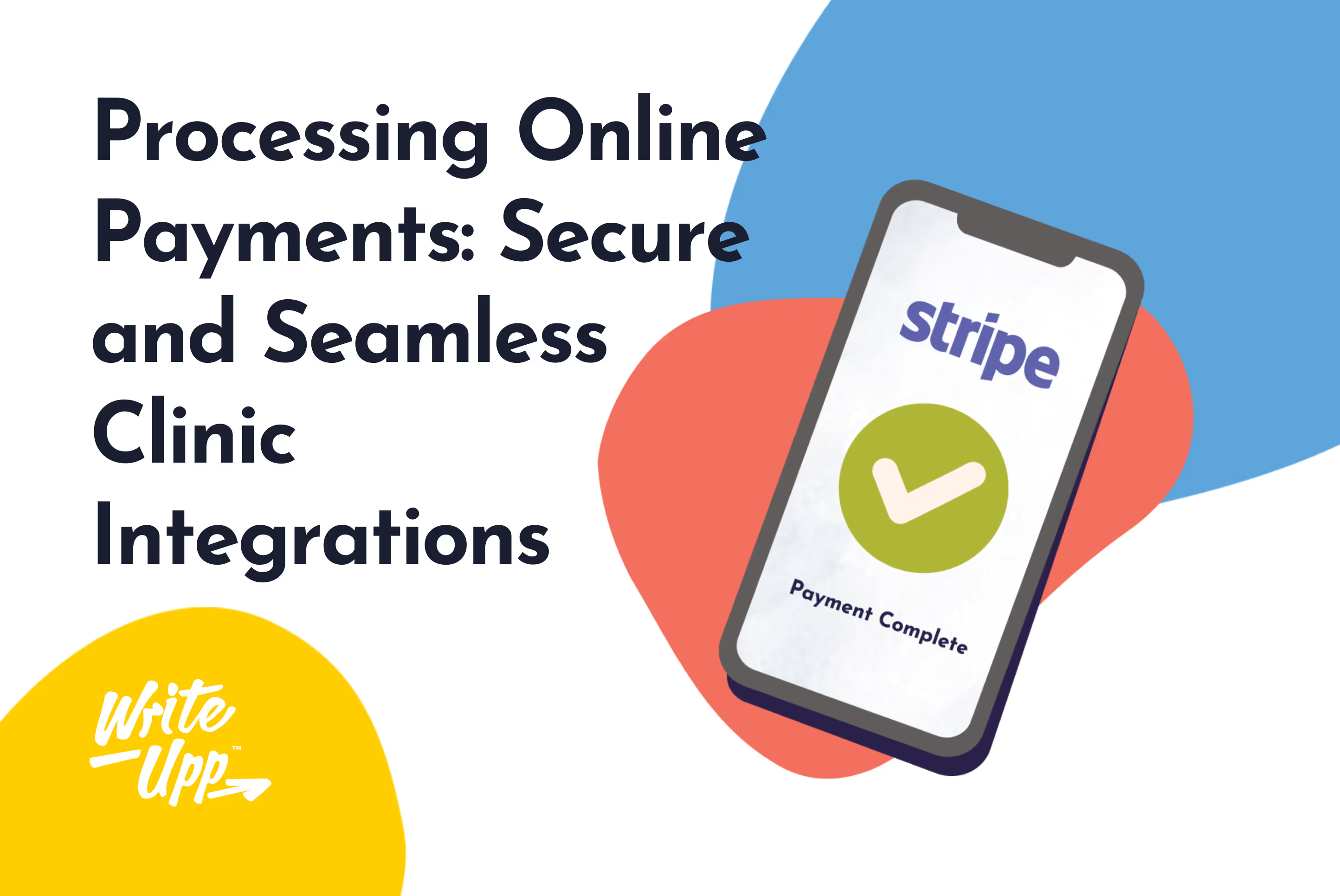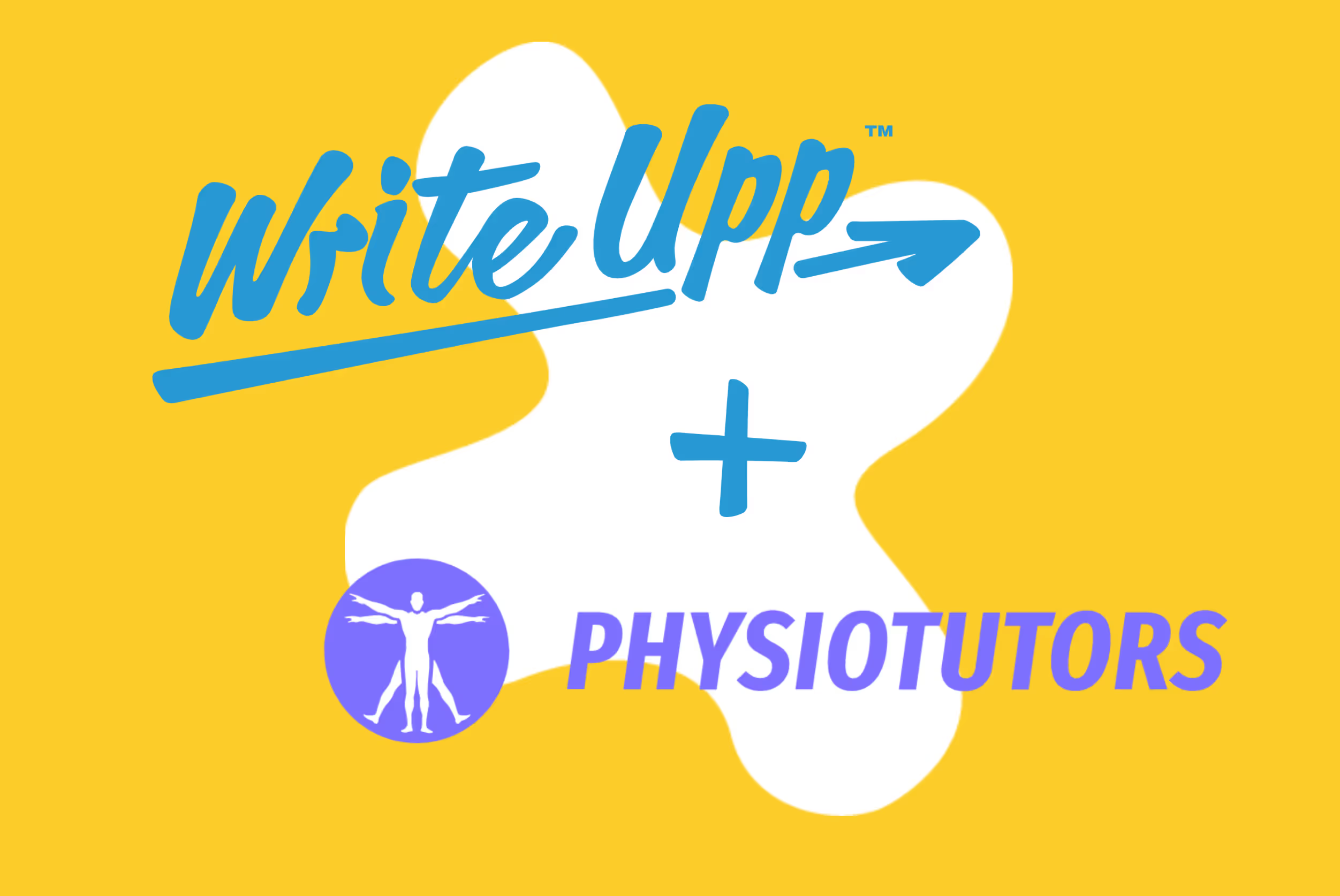Digital technology has rapidly transformed the healthcare industry, opening new possibilities for improved patient care and management. The rise of digital solutions has provided numerous benefits, including increased accessibility, convenience, and efficiency in healthcare services.
In recent years, there has been a significant shift towards digital weight management solutions, and these tools hold great promise for addressing the UK’s weight-related health issues.
Digital weight management involves mobile apps, websites, and other technology-based platforms to help people achieve and maintain a healthy weight. These solutions typically offer personalised meal planning, calorie tracking, exercise tracking, goal setting, coaching, and support networks.
The relevance of digital weight management in the UK healthcare industry is evident. With the NHS burdened by rising obesity-related healthcare costs, digital weight management solutions can help alleviate some of the strain. They empower people to take charge of their own health, providing them with easily accessible tools and resources to support their weight loss journey.
These solutions also have the potential to enhance the efficiency of weight loss clinics by reducing the need for in-person consultations and enabling remote monitoring and support.
Advancements in Digital Technology
Digital weight management solutions in the UK leverage technological advancements to revolutionise weight loss clinics' operations. These solutions utilise various technologies, including IoT (Internet of Things) devices and analytics, to provide personalised and efficient care to patients.
You probably use IoT devices every day, be it smart thermostats and kitchen appliances, fitness-tracking watches, and home security systems. IoT devices play a crucial role in digital weight management by collecting real-time patient weight data, physical activity, and dietary habits. This data is then analysed to generate actionable insights and personalised care plans.
Digital weight management offers numerous benefits for patients. These include enhanced accuracy in health monitoring, as IoT devices provide real-time data, and analytics generate personalised care plans based on this data. Additionally, interactive tools and features in digital weight management solutions improve patient engagement and motivation by providing feedback, setting goals, and tracking progress.
Digital weight management also offers operational efficiencies and cost reductions for weight loss clinics. With digital solutions, clinics can automate several tasks, such as data collection and analysis, allowing staff to focus on providing quality care. Moreover, better data collection and analysis through digital weight management systems enable informed decision-making and more effective treatment strategies.
The Shift Towards Digital Transformation
Traditionally, clinics relied on face-to-face consultations and paper-based tracking for weight management. The introduction of computer-based systems improved organisation but needed more efficiency.
The integration of practice management software for weight loss clinics has marked a significant shift. This software streamlines admin and centralises patient data, allowing clinics to focus more on patient care.
https://youtu.be/SaotRsvJ7co?si=VqzaE8baEpZNW09c
Coupled with digital weight management systems utilising apps, wearables, and integrated software, clinics can offer personalised plans and real-time progress tracking. Here are some examples of the most popular digital weight management solutions available in the UK right now:
- MyFitnessPal: MyFitnessPal is a popular calorie-counting and weight-management app. It allows users to track their food intake, exercise, and set weight loss goals. The app provides personalised recommendations and insights to help users achieve their desired weight.
- Weight Watchers (WW): Now known as WW, Weight Watchers offers a digital weight management program in the UK. It provides users with a personalised plan based on their goals and preferences. The program includes tracking food and physical activity and accessing a supportive community.
- Slimming World Online: Slimming World is a well-known weight loss organisation in the UK. They offer an online program that provides access to their comprehensive weight loss plan, which includes meal ideas, recipes, and support from trained consultants.
- Noom: Noom is a digital health platform offering a behaviour change-based weight management approach. It provides users with personalised coaching, educational resources, and tools to track their progress. Noom aims to help users develop sustainable habits for long-term weight loss.
- Fitbit: While primarily known for its fitness trackers, Fitbit also offers a digital weight management platform. The Fitbit app lets Users track their activity levels, food intake, and weight progress. The app provides insights and motivation to help users stay on track with their weight loss goals.
- Nutracheck: Nutracheck is a UK-based calorie tracking app that helps users monitor their food intake and exercise to achieve weight loss goals. It offers a large database of food items and provides nutritional information to help users make informed choices.
Each platform offers its own unique features and approaches to help users manage their weight effectively.
Potential Challenges and Solutions
Data security and privacy are potential challenges in implementing digital weight management solutions in the UK. As patient data is collected and stored digitally, there is a concern about protecting this sensitive information. One solution to this challenge is ensuring compliance with UK regulations, such as the General Data Protection Regulation (GDPR) and being ISO27001 certified. This includes implementing strict protocols and encryption measures to safeguard patient data from unauthorised access or breaches.
Another challenge is the resistance from traditional healthcare providers to adopting digital weight management solutions. Many weight loss clinics may be accustomed to the traditional face-to-face consultation model and need more time to incorporate digital technologies. To overcome this resistance, healthcare providers can be educated and trained on the benefits and effectiveness of digital solutions. Demonstrating the potential cost savings, efficiency improvements, and positive patient outcomes may help alleviate their concerns.
Furthermore, implementing digital weight management solutions may present technical and financial challenges for clinics. Technological infrastructure and expertise may be required to implement and maintain these solutions effectively. Additionally, financial resources may be needed to invest in the necessary hardware, software, and training. Collaborating with technology partners or seeking funding opportunities can help alleviate these challenges and support clinics in adopting digital solutions.
Digital Weight Management FAQs
What is digital weight management?
Digital weight management refers to using digital technology, such as mobile apps and wearable devices, to help individuals manage their weight and achieve their weight loss goals. These digital solutions offer various functionalities like calorie tracking, personalised diet plans, exercise reminders, and virtual coaching.
How does digital technology improve patient care in weight loss clinics?
Implementing digital technology in weight loss clinics allows for real-time patient progress monitoring, enabling healthcare professionals to provide personalised guidance, offer timely support, and make necessary adjustments to treatment plans. Digital tools can also enhance patient engagement and motivation through features like gamification, social support networks, and goal tracking.
What are the privacy implications of using digital health tools?
Using digital health tools raises privacy concerns. Personal data, such as weight, diet, and exercise information, is collected and stored in digital systems, and there is a risk of unauthorised access or data breaches. Protecting patient privacy and ensuring data security should be a top priority for weight loss clinics implementing digital solutions.
What are the costs associated with upgrading to digital systems?
The costs associated with upgrading to digital systems can vary depending on the size of the clinic and the specific tools implemented. Factors like initial software and hardware investments, training of staff, and ongoing maintenance should be considered. However, the long-term benefits of improved patient care, increased efficiency, and better outcomes outweigh the initial costs for many weight loss clinics.
Run Your Weight Loss Clinic with WriteUpp
Practice management software like WriteUpp is the cornerstone of clinic operations, streamlining admin tasks, scheduling appointments, managing patient records, and automating billing processes. By using this software alongside digital weight management solutions, clinics can achieve enhanced efficiency and efficacy in delivering personalised care to patients.
https://youtu.be/x_jh78aCFyQ?si=zTsTPYU-q_aEOLJL
- Streamlining Admin: Practice management software automates tasks such as appointment scheduling, billing, and invoicing, saving time and reducing administrative burdens.
- Improving Efficiency: By centralising patient records and treatment plans in a digital platform, clinics can access information quickly and easily, leading to smoother workflows and improved efficiency.
- Enhancing Patient Experience: Practice management software often includes features for secure communication with patients, appointment reminders, and online booking, which can enhance patient satisfaction and engagement.
- Personalising Treatment Plans: Clinics have access to comprehensive patient data, including weight history, dietary habits, and progress tracking, which allows them to tailor treatment plans to each individual's needs, leading to more effective outcomes.
- Ensuring Compliance and Security: Practice management software often includes GDPR compliance and data security features, helping clinics adhere to regulatory requirements and protect patient confidentiality.
Experience WriteUpp with a free 30-day trial. If you have any questions or need assistance, our team is here to help. Join us for a chat and make the right choice for your weight loss practice management needs.



Join over 50,000 clinicians that we've helped using WriteUpp
Start my free trial






